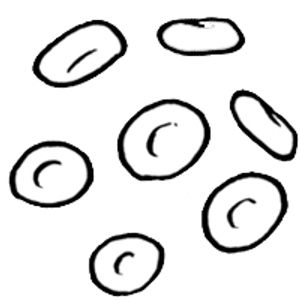
Acute myeloid leukemia (AML) therapy is guided mainly by cytogenetic profile, such as chromosomal duplication or deletion, and molecular mutations. <em>FLT3</em> mutations are the most common genetic abnormalities detected in patients with AML and are usually associated with a high relapse rate and short overall survival. Given the dismal outcomes in patients with <em>FLT3</em>-mutant AML, a great effort has been underway over the last several years to develop clinically effective FLT3 inhibitors.


